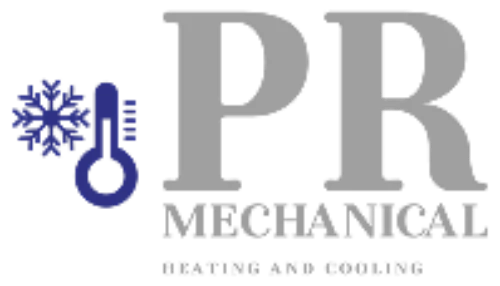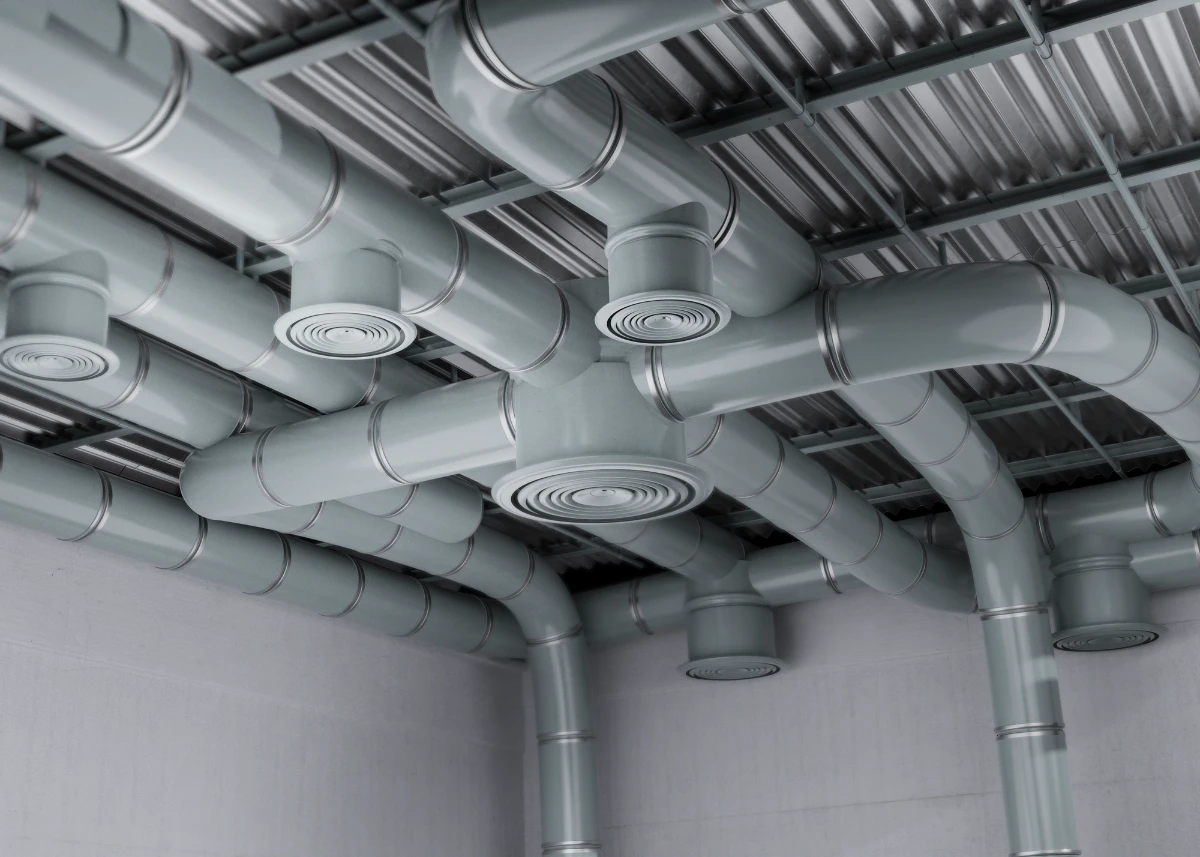Your HVAC system works tirelessly to keep your home comfortable throughout the year, whether it’s the scorching heat of summer or the frigid chill of winter. But like any other complex system, regular maintenance is essential to ensure it runs efficiently and effectively. While it might seem tempting to only call for help when your HVAC system breaks down, preventive maintenance through regular inspections is key to avoiding costly repairs and extending the lifespan of your equipment. In this blog, we’ll discuss the importance of regular HVAC system inspections and why they should be a part of your routine home care.
1. Prevent Costly Repairs
One of the main reasons to schedule regular HVAC inspections is to catch small problems before they turn into expensive repairs. HVAC systems are intricate, and even minor issues, such as a clogged filter or a small refrigerant leak, can quickly escalate into major malfunctions that may require expensive parts or a complete system replacement.
Solution: A professional inspection can identify potential problems early, allowing you to address them before they cause significant damage. Routine checks help keep your system running smoothly and reduce the likelihood of emergency repairs.
2. Extend the Life of Your HVAC System
Your HVAC system is a big investment, and proper care can significantly extend its lifespan. Without regular maintenance, your system’s components—like the compressor, condenser coils, or fan motor—can wear out faster, resulting in premature system failure.
Solution: Regular inspections and tune-ups ensure that all parts of your HVAC system are functioning properly. By keeping everything clean and well-lubricated, you can enjoy many more years of reliable service from your HVAC system, delaying the need for a costly replacement.
3. Maintain Energy Efficiency
An HVAC system that is not properly maintained will consume more energy to perform the same tasks, which can lead to a noticeable increase in your utility bills. Dust and dirt buildup in filters and coils can prevent airflow, causing the system to work harder and use more energy to heat or cool your home.
Solution: During regular inspections, a technician will clean or replace air filters, check for debris, and ensure that all components are working efficiently. A well-maintained HVAC system uses less energy, which not only saves you money but also helps reduce your environmental footprint.
4. Improve Indoor Air Quality
Your HVAC system plays a critical role in maintaining the air quality in your home. Dust, mold, and allergens can accumulate in the ducts and filters, which can then be distributed throughout your home as the system operates. Poor indoor air quality can trigger allergies, respiratory issues, and other health problems.
Solution: Regular inspections ensure that your HVAC system is free from harmful contaminants. Technicians will clean your system and change filters, helping improve the overall air quality and creating a healthier indoor environment for you and your family.
5. Ensure Reliable Comfort Year-Round
When the temperature outside fluctuates, you rely on your HVAC system to maintain a comfortable indoor environment. But an HVAC system that hasn’t been regularly inspected can fail unexpectedly during a heatwave or cold snap, leaving you without heating or cooling when you need it most.
Solution: A seasonal inspection ensures that your HVAC system is ready for whatever the weather brings. Whether it’s ensuring the heating system is in good condition for winter or checking the air conditioning before the summer heat hits, regular inspections make sure you’re prepared year-round.
6. Avoid Frequent Breakdowns
Many HVAC systems experience breakdowns due to lack of maintenance or wear and tear on parts that go unnoticed until it’s too late. Even something as simple as a clogged air filter can put unnecessary strain on the system, increasing the risk of malfunction.
Solution: Regular inspections allow a technician to identify issues early on, reducing the risk of unexpected breakdowns. By keeping your system in good condition, you’ll experience fewer disruptions to your comfort and avoid the inconvenience of sudden HVAC failures.
7. Identify System Upgrades and Improvements
Over time, your HVAC system may become outdated, or newer, more efficient technologies may become available. Regular inspections are a great opportunity to assess whether your system could benefit from an upgrade or improvement to increase its performance.
Solution: During an inspection, a technician might recommend a system upgrade or the installation of smart thermostats, more efficient air filters, or even new technology that will make your system more efficient and comfortable.
Conclusion
Regular HVAC system inspections are essential to ensuring your heating and cooling system runs smoothly, efficiently, and effectively. From preventing costly repairs to improving air quality and extending the lifespan of your system, the benefits of preventive maintenance are clear. By investing in regular inspections, you’ll ensure that your HVAC system remains reliable and efficient for years to come.
If you haven’t had your system inspected in a while, now is the perfect time to schedule a checkup with a professional HVAC technician. It’s a small investment that can save you a lot in the long run—ensuring comfort, energy savings, and peace of mind for your home.

